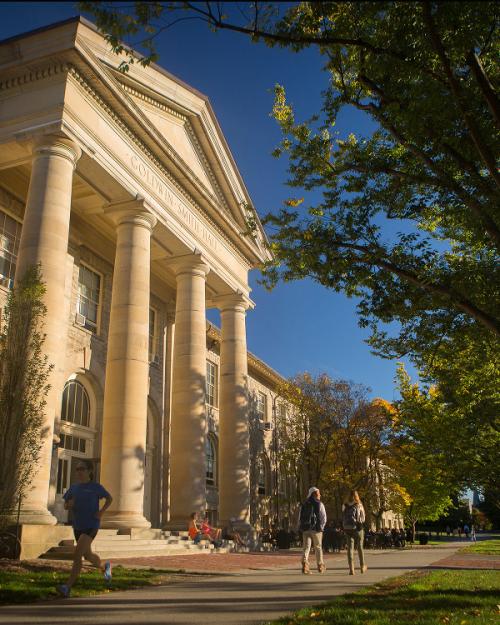Three Distinguished Visiting Journalists head to campus
Cornell Chronicle
 Department Homepage
Department Homepage
 Department Homepage
The College of Arts & Sciences
Department Homepage
The College of Arts & Sciences


